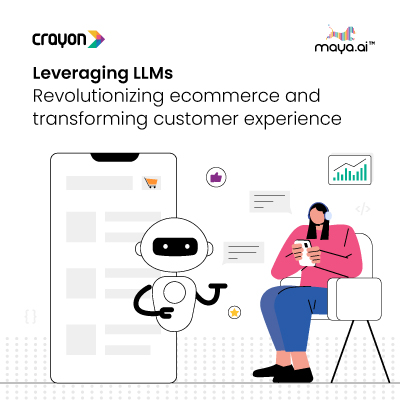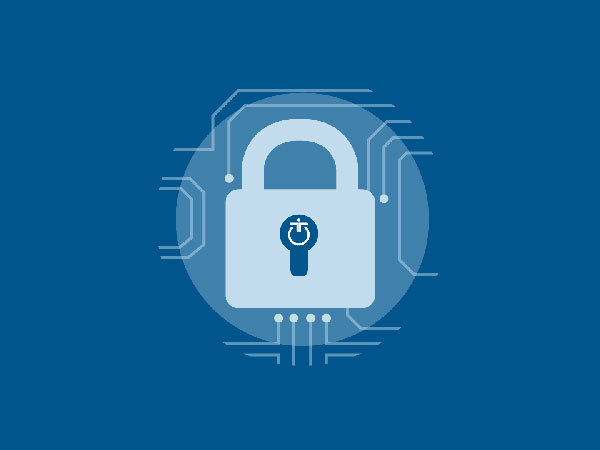If you’re in the tech industry, particularly the U.S. tech industry, then you’re probably not a big fan of European privacy officials. And German data protection regulators may well feature in your nightmares.
After all, Germany is literally the birthplace of data protection law, and the country applies European privacy law more strictly than any other EU state — just ask Google, Facebook and Microsoft about their experiences.
So meet Dr Alexander Dix, Berlin’s data protection watchdog. With the NSA scandal still raging and big data technologies raising fresh privacy worries in the commercial sector, we had plenty to talk about — and while his stance is unsurprisingly tough, it’s not uncompromising.
The rise of big data seems to be fundamentally in conflict with user privacy. Can we have both? If we are not to stop or roll back progress, how can we nonetheless maintain privacy?
Bearing in mind that there is no such thing as absolute anonymity or absolute security, there are more privacy-friendly solutions and less privacy-friendly solutions. I am not a perfectionist in that respect, but I do think there are possible ways of regulating for privacy protection in the future.
Take anonymization. It is true that anonymized data can with a certain technical expertise and costs being incurred, can possibly be — if not now then sometime in the future — linked to individual persons. That does not make anonymization a useless process. It is still better than having outright personal data on the internet or pseudonymized data, which is something being discussed in Brussels.




















